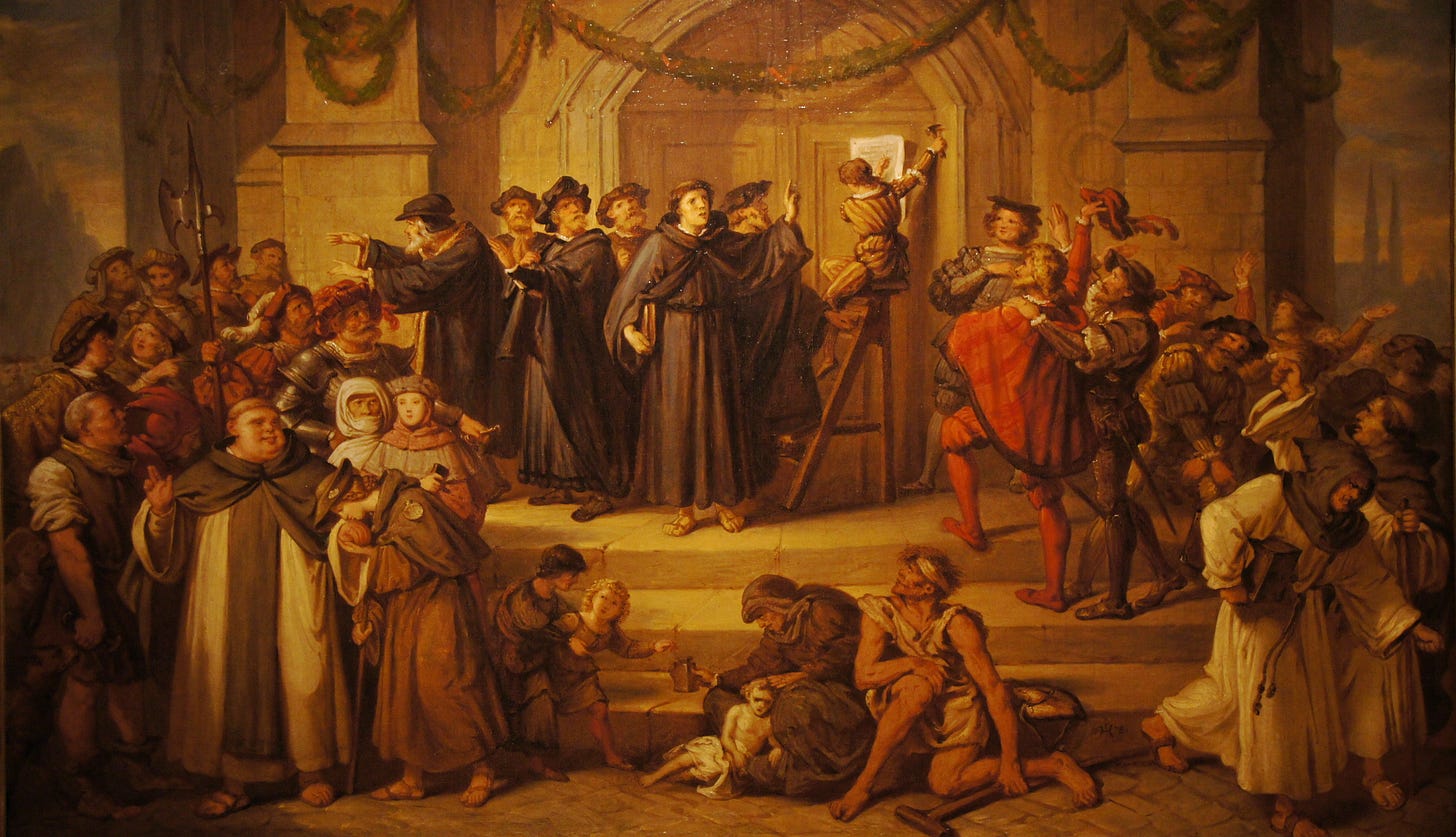Traditions. We all have them. It might be breakfast in bed on a birthday, special cereal on holiday, or flowers at a graveside on an anniversary. Rituals can be used to mark history, create memories and build culture. In short, they can help us remember who we are.
Ancient Israel also had traditions. For instance, when they had just crossed the river Jordan, God told Joshua to send twelve men back to collect a stone from the river bed and to take them to where they were camping that night. There the twelve stacked their rocks into a rough pile. The significance of the command was not lost on Joshua. He told the people to let the stones
serve as a sign among you. In the future, when your children ask you, ‘What do these stones mean?’ tell them that the flow of the Jordan was cut off before the ark of the covenant of the Lord. When it crossed the Jordan, the waters of the Jordan were cut off. These stones are to be a memorial to the people of Israel forever. (Joshua 4:6-7)
Whenever an Israelite came across the stone stack, even generations in the future, they could think back to God’s faithfulness in leading their ancestors into the promised land. Indeed, remembrance was given as the reason why Israel should keep the Passover (Exodus 12:21-27). It was also why Jesus told his disciples to continue celebrating the Lord’s supper (Luke 20:19). As Kent and Barbara Hughes have suggested in their book on family, God evidently regards remembering as essential to spiritual health.
Big doubts
I don’t know how you feel about Halloween. As the annual event has only increased in popularity, so has my discomfort with it. This is largely for spiritual reasons. As someone who believes in a world beyond what we can touch and see, I simply don’t want to joke around with evil things.
Obviously, many people disagree. They see it as no more than a bit of harmless fun. But I must admit that, even when I have tried to think about it from the perspective of someone who doesn’t believe in the spiritual, I have struggled to get it. Back in the autumn of 2020, there were two stabbings in my neighbourhood, one night after the other. Candles were lit. Vigils were held. Even prayers were said. Yet, only a couple of months later, I noticed out of our front window a crowd of people walking down the street covered in fake blood and costume axes stuck in their necks. It was the evening of the 31st October.
Strange tradition
If you don’t feel great about Halloween too, I have some good news for you. In this extra newsletter, I thought I would share what me and my family will be celebrating instead: the Reformation.
Over the last few years, we’ve done something different to remember the likes of Martin Luther, Ulrich Zwingli and John Calvin on the 31st October. That was the day in 1517 that Luther was said to have nailed his Ninety-five Thesis to the door of the Castle Church in Wittenburg. Although it might not have been particularly significant on it’s own, that event has often been taken as the date the Reformation sparked into flame the fire that would change the history of the church, and the history of the world, forever.

Now, before you start thinking that I’m strange (or at least stranger than you thought I was before), I should do the honourable thing and point out that it wasn’t my idea. I got it from
on the podcast he does with Barry Cooper. I can’t track down the episode because it was a while ago (at least in podcasting terms). But he recounted how, every All Hallows Eve, his family dressed up as monks and played 16th century-themed games, whilst eating bratwurst sausages. I was immediately hooked. And so, being the overly-optimistic father that I am, I corralled my young family into giving it a go.Some years we’ve done a quiz. Others we’ve read children's stories recounting some of the key events. Once or twice we’ve hosted a bring and share meal of German food with our church home group (they all went to Lidl!). But, whatever we’ve done, the aim has always been the same - to mark history, to create memories, and to build culture. After all, as Christians, this is part of my wife and mine’s spiritual heritage. And we pray that, one day, it will become part of our children's history too.
Mixed motives
But there’s one objection that you might have to all this. I can almost hear you say it: ‘Wasn’t Martin Luther a pretty difficult character?’ And, if that is in fact what you are thinking, you would be right. As well as being one of the most significant figures in the history of the church, he was also one of the most controversial. Like us all, Luther had his fair share of faults. For starters, before he got married, he only washed his bed clothes once a year. But far worse than that were the views which he developed towards the end of his life about Jews.
Luther realised that his situation was so grave and his condition so helpless that only God himself could get him out of it.
This bring us face to face with an issue that we come up against whenever we celebrate anything from the past. History is always mixed with a heavy dose of good and bad. Apart from Christ, even the greatest events and noblest causes have been performed with mixed motives and flawed methods. And here’s the thing: it was for that reason that Martin Luther and the other reformers did what they did.
Pure grace
At the heart of the Reformation was a recognition of our true condition. Luther and other Reformers realised that people’s motives were so mixed and their methods so flawed that salvation could not be bought by simply paying some money into the church’s coffers. And for the Pope to pretend otherwise was a deception of the highest order.
No, the likes of Luther realised that their situation was so grave and their condition so helpless that only God himself could get them out of it. Salvation could only come through faith alone, in Christ alone, by grace alone, as revealed by Scripture alone, and for the glory of God alone.
Encouraging results
As you might expect with an adventure of this nature, the implementation of my Reformation Day whim has not been without it’s issues. One year I pitched the quiz too high for our toddler. Another, I failed to realise that a guest that one of our home group brought along was a Roman Catholic.
Yet, despite the patchy performance, our eccentric endeavour has slowly begun to yield some promising results. We’ve learnt to pick out Wittenberg on a map. We’ve realised that the Diet of Worms wasn’t an unappealing weight-loss plan, but rather one of the defining moments in Luther’s life. And, talking of food, well, we’ve become rather partial to sauerkraut. Sure, our journey is far from over, but along the way we’re marking history, creating memories and building culture. In short, it’s helping us to remember who we are. And that, in Christ, we can enjoy something far better than Halloween.
As Luther said,
God is not a God of sadness, death, etc., but the devil is. Christ is a God of joy, and so the Scriptures often say that we should rejoice.
If I’ve persuaded you to remember the Reformation this week instead of Halloween, here are five ideas of things you could do. You might like to try one or two.
Watch this lovely little animation which was made for the 500th anniversary of the start of the Reformation back in 2017. You might also like to show it to some children that you know.
Actually talking of little people, you could buy them a copy of Reformation ABCs and read a page or two to them. We’ve been reading it our two young boys over the last couple of weeks.
Watch this feature-length documentary on Luther’s life and legacy. Or, even better, invite some people over to watch it with you whilst you enjoy the finest German food items Lidl has to offer.
Get hold of a copy of Michael Reeve’s Unquenchable Flame. It has one of the best opening to a history book that I’ve ever read. The rest of the book is pretty good too.
Spend some time by yourself or with others thanking God for the recovery of the free grace of the gospel in the Reformation and asking him to continue to keep reforming his church until Jesus returns.
I hope you have enjoyed this bonus installment of my newsletter. If you know of anyone who you think might enjoy these posts, please do share the newsletter with them and encourage them to subscribe.




